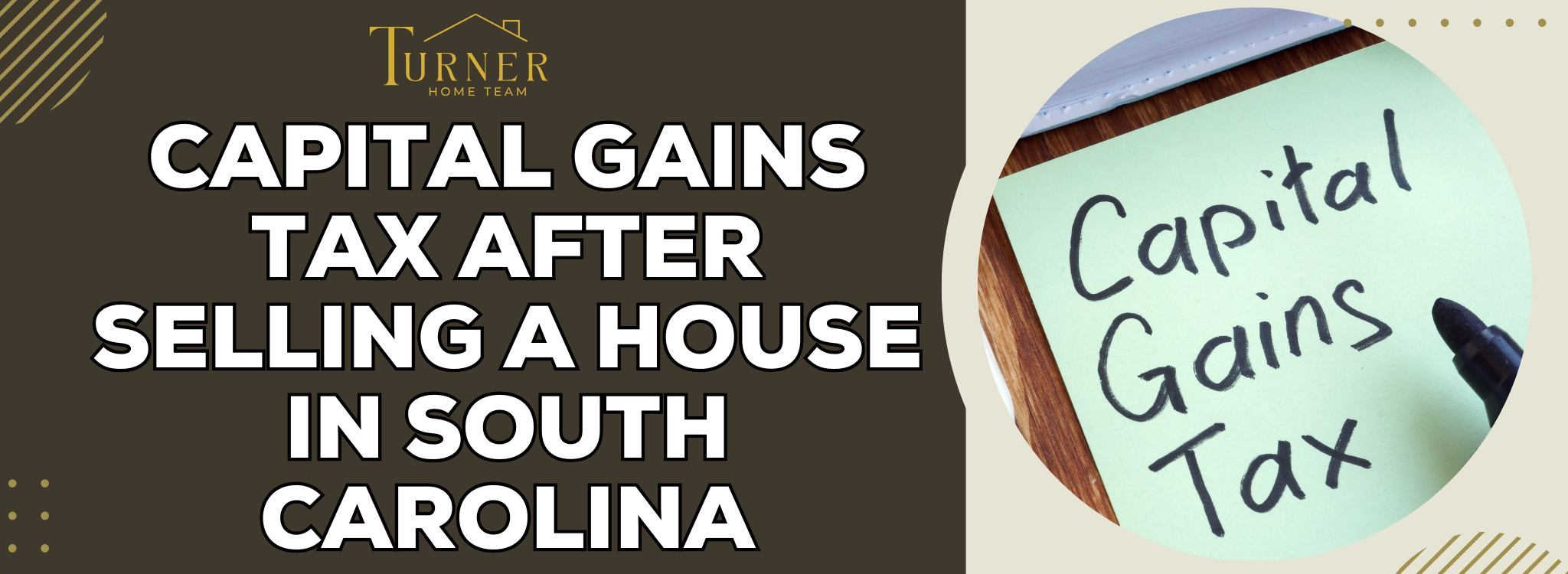
How Do Capital Gains Taxes Affect Home Sellers in South Carolina?
What Constitutes a Capital Gain When Selling a House?
If you sell your home and make money, that’s capital gain. This happens when the price at which your home is sold is better than what you paid for it. The value of your home can go up because of improvements you make or the market going up, which is called a capital gain. Knowing these gains is important because they change how much tax you have to pay when you sell the house.
How Is the Capital Gains Tax Calculated?

Start with how much your home sold for to figure out the capital gains tax. Take the sale price and other costs, like home improvements and closing costs, away from the purchase price. This is what your capital gain looks like. The tax on this gain is based on how long you’ve owned the home and how much money you make. Having this information helps the tax man figure out how much you owe.
Are There Any Exemptions Available for Homeowners?
The capital gains tax homeowners may have to pay may be lessened by deductions. The exclusion for capital gains on primary homes is a well-known exemption. You can keep up to $250,000 of the gain from your taxable income if you stayed in your home for at least two of the last five years before selling it. If you are married and filing jointly, you can keep up to $500,000. They can help you plan and save on taxes if you know about them.
Does the Length of Time You Own a Home Impact Capital Gains Tax?
Whether the gain is short-term or long-term depends on how long you’ve kept your home. The gain is usually long-term if you’ve owned the home for over a year. Long-term gains are taxed at a lower rate than short-term gains of the same time.
How Can Homeowners Minimize Capital Gains Taxes?
Selling a house in South Carolina can raise concerns about capital gains taxes. Here are ways to reduce your tax liability:
What Strategies Can Help Reduce Capital Gains Tax Liability?
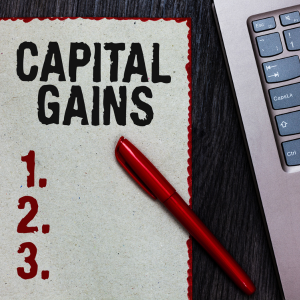
- Capital Gains Exclusion: If you have lived in your home for at least two years out of the last five years before selling, you might qualify for a capital gains exclusion. You can exclude up to $250,000 of profit if you’re single or $500,000 if you’re married.
- Tax Benefits: Take advantage of tax benefits when selling your house in South Carolina. Keep detailed records of expenses from home improvements and selling costs. This can help lower taxable profits.
- South Carolina Home Sale Exemption: To reduce your tax burden, check if you qualify for specific exemptions under South Carolina law.
Is It Beneficial to Reinvest in a New Property?
Reinvesting your house sale proceeds can be beneficial because of certain tax deferral opportunities.
- 1031 Exchange: If you plan to buy another property, consider a 1031 exchange. This lets you delay paying taxes on capital gains by reinvesting the proceeds into a similar property.
- Real Estate Tax Considerations: Know how South Carolina real estate taxation works when selling a property. Proper planning can help minimize taxes on property sales.
Can Home Improvements Impact Your Tax Obligations?
Home improvements can not only enhance your property but also have tax implications.
- Increased Property Value: Keep track of all major home improvements because they can increase your property’s basis and reduce your taxable capital gain.
- Impact on Capital Gains Rules: Home improvements can lower the taxable gain in South Carolina. Keep thorough records of all improvements.
What Role Does Filing Status Play in Capital Gains Tax?
Your filing status impacts your eligibility for deductions and exclusions.
- Married or Single: Married couples who file jointly may qualify for larger tax exemptions than single filers. Knowing the tax treatments for married versus single filers can influence your financial outcome.
- Capital Gains Deduction: Be aware of the tax requirements for selling a house in South Carolina. Your filing status can affect the deduction amount and overall tax treatment during a sale.
How Do South Carolina State Taxes Differ from Federal Taxes?
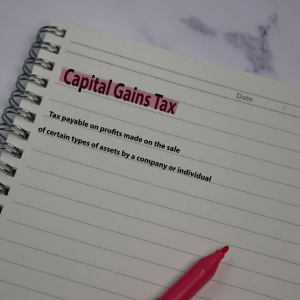
Understanding taxes means knowing the differences between state and federal systems. In South Carolina, property and capital gains taxes can be quite different from federal taxes.
- South Carolina Property and Real Estate Tax: The state’s system applies its own property and real estate rules, resulting in varying rates and deductions compared to federal guidelines.
- South Carolina Capital Gains: While federal capital gains taxes are consistent across the country, South Carolina sets its rates. This affects your profits when selling property.
- State vs. Federal Taxation: Knowing these differences helps you plan better. Understanding both systems is important to maximize your benefits and remain compliant.
For detailed advice, consider consulting professionals familiar with South Carolina’s real estate tax.
Are State Rates Different from Federal Rates?
Yes, state rates often differ from federal rates. Here’s how:
- Capital Gains Tax Rates: The federal government has fixed rates, but South Carolina might have different rates, especially affecting home sales.
- Differences in Taxation: South Carolina taxes may offer deductions or credits not found at the federal level. This can affect your overall tax situation when selling a home.
- Tax Implications in South Carolina: Selling a home requires understanding federal and state tax responsibilities. Knowing these differences helps in financial planning.
Sellers should consider these varying rates to avoid unexpected taxes.
What Are the Specific Requirements for Each Level of Taxation?

Knowing what each level of taxation requires can prevent issues during property deals:
- South Carolina Property Sale Tax Policy: The state may need you to report details that differ from federal requirements. Being aware ensures compliance.
- Federal Taxation Rules: Federally, sellers must follow standard rules such as declaring capital gains.
- SC Home Sale Reporting Requirements: Sellers must meet unique state reporting standards. Reviewing these before a sale ensures correct documentation.
To comply accurately, familiarize yourself with state and federal requirements or seek professional help.
Why Is it Important to Consider Both State and Federal Regulations?
Thinking about both state and federal regulations is important for several reasons:
- Importance of Compliance: Staying compliant helps avoid legal issues or fines.
- Tax Strategies for Home Sale SC: By knowing federal and state taxes, you can develop strategies to minimize tax liabilities.
- South Carolina Selling Home Tax Obligations: These obligations impact your final earnings from a home sale. Understanding them influences decision-making.
Balancing these factors gives you a full understanding of your tax duties and opportunities for financial planning. Reaching out to a tax professional can be beneficial for personalized strategies.
What Resources Are Available for Home Sellers in South Carolina?
Who Can Provide Assistance with Tax Calculations?
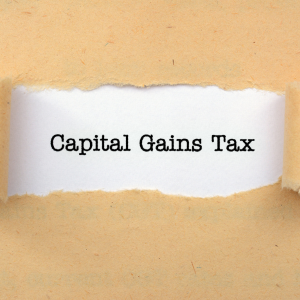
When selling real estate in South Carolina, it is critical to understand tax computations. A tax expert may explain SC tax calculations and provide professional guidance. They can provide tax methods based on your financial situation to ensure you meet your obligations.
What Legal Support is Available for Navigating Real Estate Taxes?
Real estate taxes in South Carolina can be complicated. Getting legal advice from a South Carolina real estate tax expert can help. They provide legal guidance to help you handle your tax obligations.
Are There Tools or Software to Help Estimate Taxes?
Tools and software options are available if you wish to estimate taxes on your own. A house sale tax calculator is a useful tool that allows you to enter property information and calculate your tax liability. These tax estimators make figuring out how much you may owe easier.
How Can Professional Advice Benefit Home Sellers?
Professional counsel offers many advantages to house sellers. Real estate industry experts provide insights into financial planning and prospective tax benefits.
The Broader Implications of Selling Your Home
How Do Capital Gains Affect Your Overall Financial Planning?
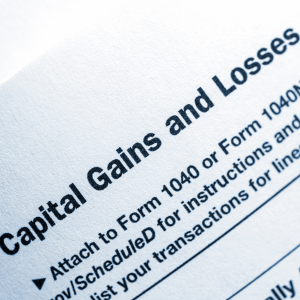
When you sell a house in South Carolina, the capital gains tax can impact your financial planning. This tax is on the profit from selling your property. Here’s what to know:
- Capital Gains Tax: If your home’s value goes up and you sell it for more than you bought it, that’s a capital gain.
- Exemptions: You might qualify for exemptions, like those for selling your primary residence, which can lower your taxable amount.
- Financial Planning: Include possible taxes in your plan so you’re ready financially when selling. A financial advisor can help minimize tax burdens.
These points help build a strong financial plan considering all tax aspects of selling real estate.
What Should You Know About Real Estate Market Trends?
Understanding real estate market trends is key when buying or selling property. In South Carolina:
- Property Value: Knowing current values helps set a fair price for your home.
- Market Analysis: Studying South Carolina housing trends shows if it’s a buyer’s or seller’s market, affecting how fast homes sell.
- Timing: Selling when the market conditions are right can increase your profits.
Staying informed on these trends helps you make better choices in property transactions.
Are There Long-Term Consequences of Frequent Buying and Selling?
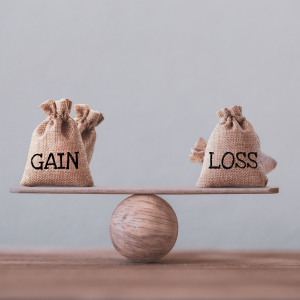
Frequent buying and selling of real estate can have long-term effects. Consider these points:
- Tax Consequences: Each sale might mean capital gains tax, which affects your returns.
- Real Estate Investments: Regular property turnover can impact your investment portfolio’s stability.
- Strategy: A long-term strategy should balance buying and selling with your financial goals.
Looking at these factors can help form a lasting approach to real estate investments, avoiding frequent selling issues.
How Can Understanding These Factors Enhance Your Real Estate Strategy?
Knowing the ins and outs of real estate deals can boost your strategy. Here’s how:
- Market Knowledge: Knowing trends helps you make smart buying or selling decisions.
- Tax Strategy: Planning for tax implications can increase financial benefits during a home sale.
- Strategic Planning: Creating a plan using insights from South Carolina real estate can improve your home sale.
By combining these elements, you can navigate the real estate market effectively. See how we can improve your selling strategy for personalized help with your real estate plans.
If you want to sell a house in South Carolina, this guide is packed with valuable insights to help you navigate the process smoothly. Whether you’re in Florence, Myrtle Beach, Conway, Socastee, or any nearby area, the tips and strategies shared here are designed to make your experience easier. At Turner Home Team, we specialize in helping homeowners sell quickly and hassle-free. If you need personalized assistance or have specific questions, don’t hesitate to Contact Us at (252) 525-4780. We’re here to help every step of the way!
Get Your Offer Now!
START HERE: We buy properties in ANY CONDITION.


